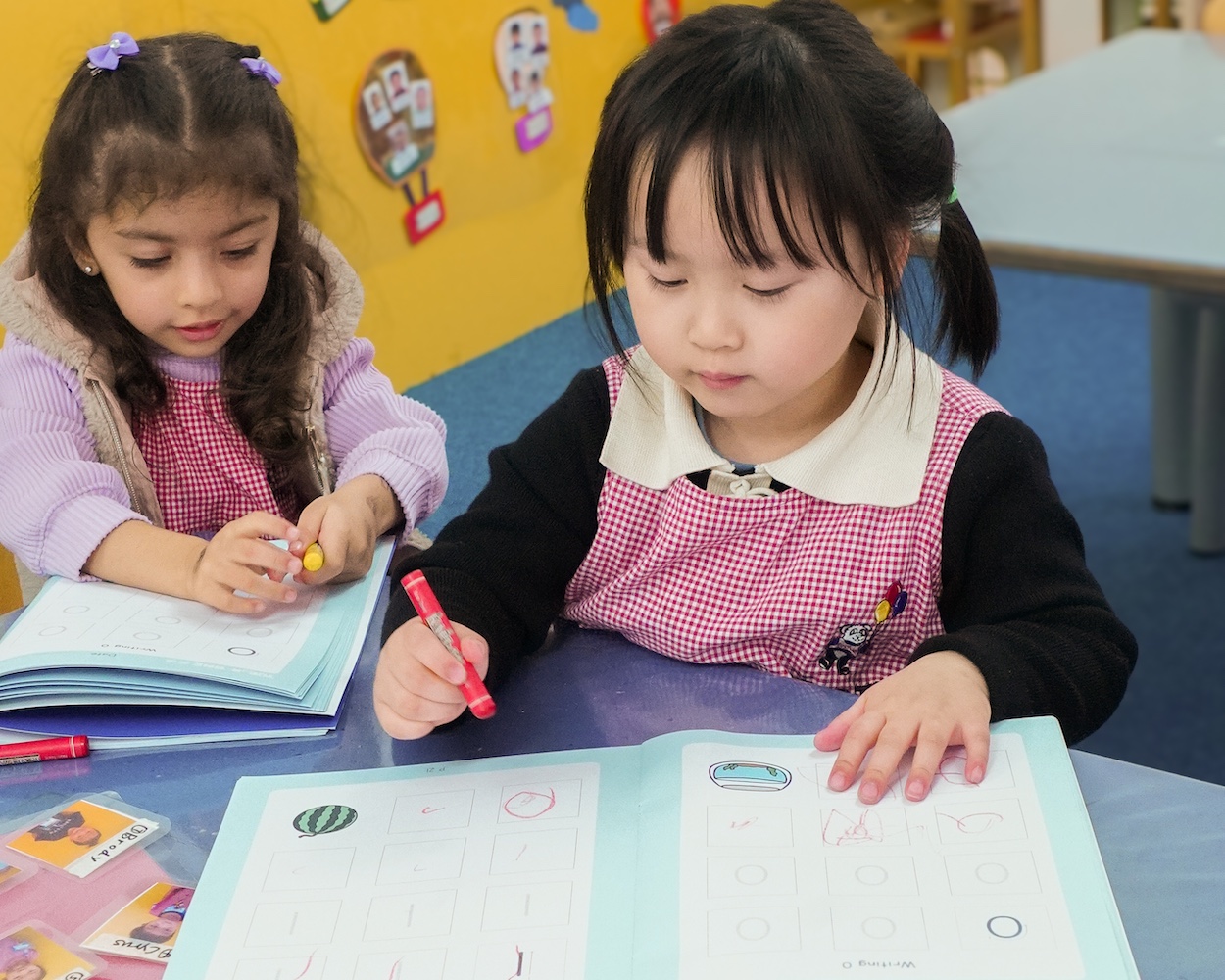Authoritative vs authoritarian parenting
Different priorities A key difference between authoritative and authoritarian parents is how they exercise their authority. For an authoritarian parent, their priority is to enforce compliance through any means, including:...
Blurred lines: authoritative and permissive parenting
What is permissive parenting? When we talk about permissive parenting we have to draw a distinction between ignoring anti-social behavior and firmly supporting autonomy. Permissive parenting is often portrayed as...
Understanding and handling a rebellious child
Why do children rebel? Children don’t naturally defer to authority and many societies understand this concept. In some traditional agrarian societies, they recognized that children have irrational impulses and let...
Positive parenting best practices for toddlers and up
React positively (even if it means ignoring some misbehavior) Make sure a majority of your conversations and interactions are warm, supportive, and focus on what your child has done well....
Dealing with defiance, aggression, and tantrums
Over two thirds of children undergo periods of temper tantrums, especially during the toddler period. In psychology, any acts of defiance, aggression, and acting out are called externalizing behaviors. We...
Why do babies prefer Infant Directed Speech?
What is Infant Directed Speech? Infant Directed Speech (IDS), or ‘baby talk’ is a method of communication which makes it easier for babies to pick up on emotional intentions. Done...
Raising a fair-minded child
Kindness, generosity, and fairness make up the basis for prosocial interactions. Teaching children about fairness can seem forced- afterall, you want your children to be genuinely fair-minded. Babies naturally prefer...
Don't force your child to share
As parents, we want our children to be generous, kind, and cooperative with others. We may think we can help children learn these skills by making them share with others....

Sign up for FREE Weekly Lessons & Worksheets







